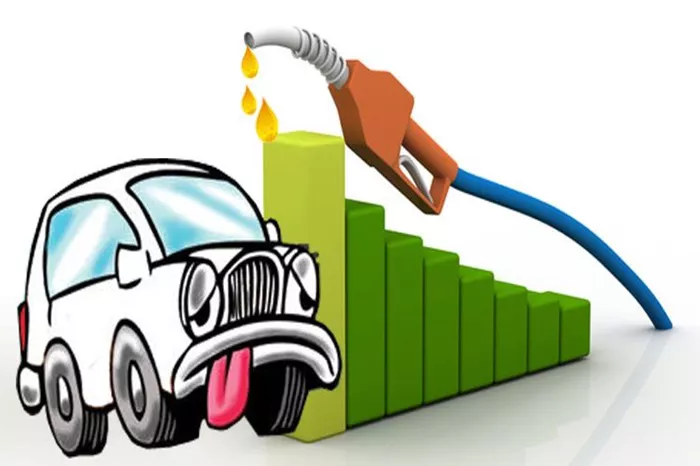Drivers are being warned about the “persistently high” prices of petrol and diesel, prompting many to seek ways to save on fuel this summer. Despite a drop in wholesale costs since the end of April, prices at the pump remain “far higher than they should be” .
RAC Highlights Retailer Margins
The RAC reports that the margins – the difference between what retailers pay for fuel and the price at the pump – are currently 14p per litre for petrol and 16p per litre for diesel. Simon Williams, the head of policy at RAC, emphasized that drivers are bearing the brunt of these high margins.
Price Discrepancy Concerns
“Our data clearly shows that pump prices haven’t fallen in line with the reduction in wholesale prices, so drivers across the UK – with the exception of those in Northern Ireland where fairer prices are charged – are once again losing several pounds every time they fill up,” Williams explained.
Retailers’ Pricing Strategies
Williams expressed concern that there is no valid reason for retailers in Great Britain to maintain such high prices. He speculated that retailers might be taking advantage of the public’s distraction due to the General Election.
“We hope that the Competition and Markets Authority (CMA) is aware of what is going on and will use this to bring retailers into line as soon as it’s able to,” Williams added.
Top Tips to Save Money on Fuel
With fuel prices surging, experts from Swansway Motor Group offer five tips to help motorists save on diesel costs, which have risen to an average price of 155p per litre.
1. Check Your Tyre Pressure
Maintaining correct tyre pressure is crucial for vehicle efficiency. Underinflated tyres reduce mileage and increase fuel usage. Proper inflation also improves vehicle safety and extends tyre life. It’s advisable to check tyre pressure monthly.
2. Keep Windows Closed Over 40mph
At higher speeds, keeping windows closed reduces aerodynamic drag. This can help maintain better fuel economy, as drag can significantly impact fuel efficiency at highway speeds.
3. Turn Off Air Conditioning
Using air conditioning increases fuel consumption by requiring significant engine power. To reduce this, open windows initially to lower the cabin temperature, then use air conditioning sparingly, especially at speeds over 40mph where it is more efficient.
4. Avoid Idling
Idling burns fuel without moving the vehicle, wasting petrol and increasing engine wear. To minimize unnecessary fuel consumption, turn off the engine during prolonged stops.
5. Remove Unnecessary Weight
Extra weight in a vehicle leads to higher fuel consumption. Reducing the weight can improve the vehicle’s miles per gallon, contributing to overall fuel savings.
By following these tips, motorists can mitigate the impact of high fuel prices and improve their vehicle’s fuel efficiency during the summer.
Related topics:

